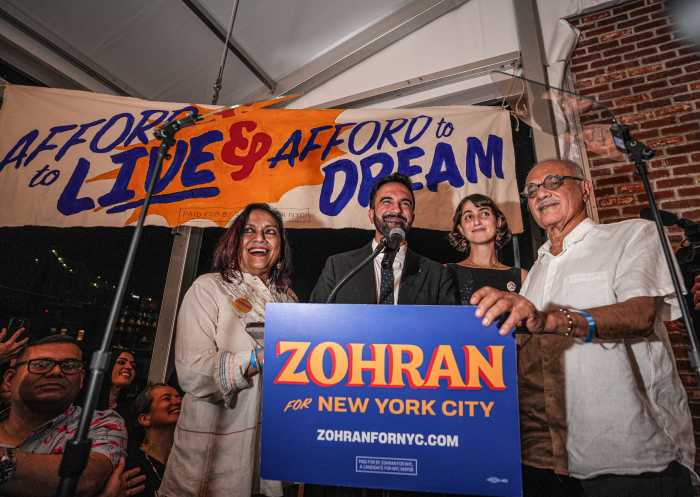
NYPD Commissioner William Bratton — beset by an angry populace on one side and riled-up police unions on the other — pulled off a deft high-wire act yesterday that should win applause from the middle.
He touted some remarkable NYPD achievements as he spoke to the City Council’s Public Safety Committee:
Use of force by officers has taken a startling drop. In 1992, the NYPD used force in 8.5 percent of arrests. Today, that figure stands at 1.9 percent.
Police shootings have taken a welcome tumble. In 1970, NYPD officers shot 300 people — killing 93. Last year, they shot 25 people — killing eight.
Yet the commissioner also acknowledged a serious erosion of community trust in the NYPD, a problem that persists like a wound that won’t heal. He wants $30 million and 1,000 new cops as he ratchets up a training program that he hopes will fundamentally change NYPD culture.
That reform is seriously overdue.
Why? Because justice and simple decency demand it. And because the city becomes way harder to police when large numbers of New Yorkers — especially minorities in low-income neighborhoods — regard NYPD officers as “the enemy.”
That’s what the uproar over former Mayor Michael Bloomberg’s stop-and-frisk program was all about. And that’s what the prolonged public fury over the death of Eric Garner — the Staten Islander who died in a police chokehold — is all about.
Bratton told council members that it’s time for a shift — away from an emphasis on high numbers of summonses, stops and arrests — to an emphasis on problem-solving. For example: Are armed crews committing crimes in a public housing development? A blanket stop-and-frisk operation may not be the way to go. It might be better to simply find out who the bad actors are and make cases against them.
He also wants cops to learn techniques for de-escalating confrontations and ways to bring those who resist arrest into custody without harm to them or police. There’s no reason to think Bratton won’t succeed. The NYPD has made major progress over the years and it can make more.




































